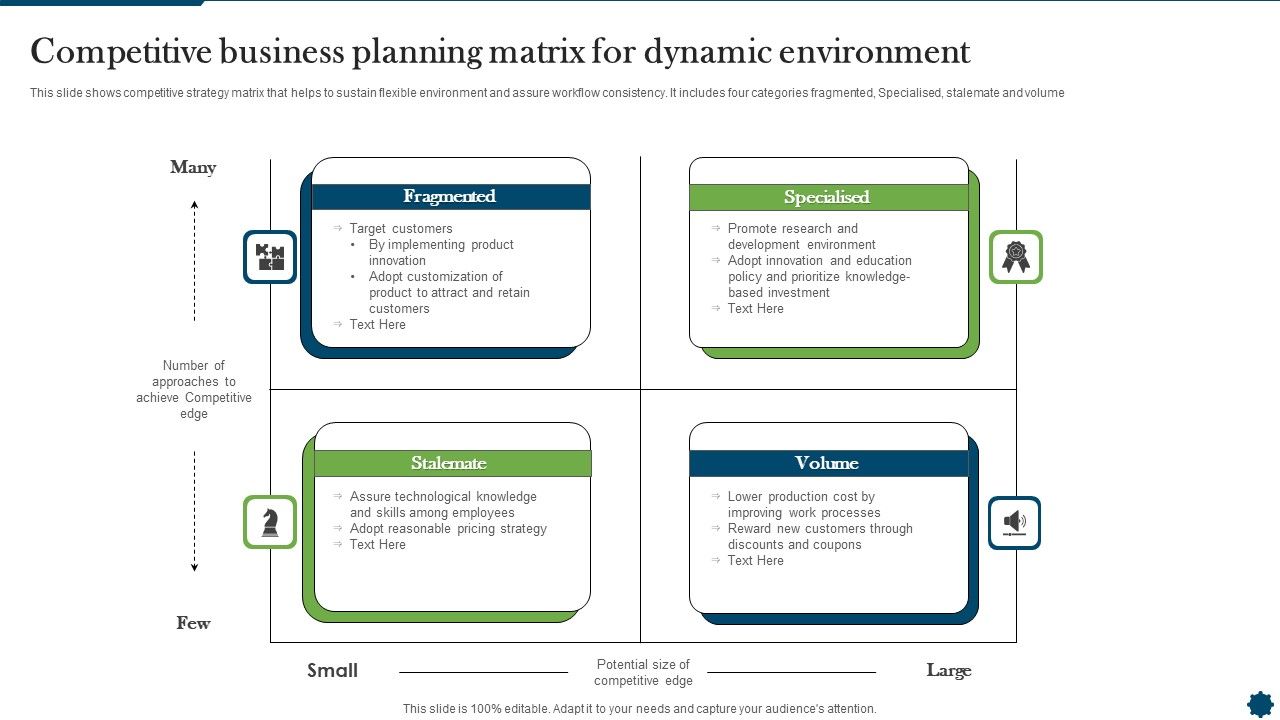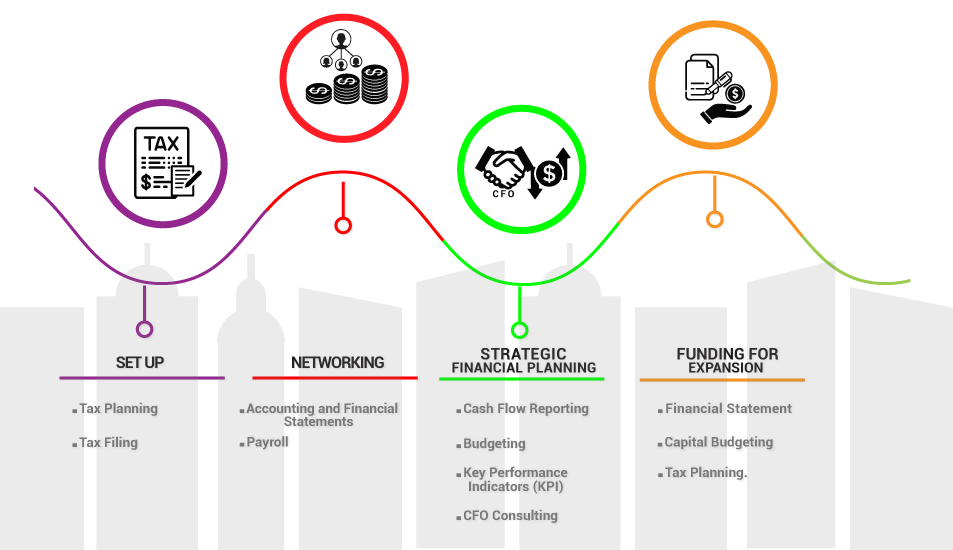
Dynamic Strategies for Business Planning Excellence
In the fast-paced and ever-evolving business landscape, dynamic business planning has become a cornerstone for achieving success and staying ahead of the competition. Companies that embrace flexibility and innovation in their strategic planning processes are better equipped to navigate uncertainties and capitalize on emerging opportunities. Let’s delve into the key aspects of dynamic business planning that can propel organizations toward excellence.
The Need for Agility in Business Planning
In today’s dynamic environment, where market trends can shift rapidly, agility is crucial for effective business planning. Static, inflexible plans may quickly become obsolete, leaving businesses ill-prepared to respond to unforeseen challenges. Embracing agility allows organizations to adapt swiftly to changing circumstances, ensuring that their strategies remain relevant and effective.
Harnessing Technology for Dynamic Planning
Technology plays a pivotal role in dynamic business planning, providing tools and platforms that facilitate real-time data analysis and decision-making. Leveraging advanced analytics, artificial intelligence, and machine learning enables organizations to gain insights into market trends, consumer behavior, and competitive landscapes. This data-driven approach empowers businesses to make informed strategic decisions that align with their goals.
Integrating Innovation into Planning Processes
Innovation is a driving force behind dynamic business planning. Companies that foster a culture of innovation within their teams are better positioned to identify and capitalize on new opportunities. Whether through product development, process improvement, or market expansion, integrating innovation into planning processes ensures that businesses stay relevant and resilient in the face of change.
Collaborative Planning for Holistic Solutions
Dynamic business planning extends beyond individual departments, emphasizing collaboration and communication across the organization. Collaborative planning ensures that different teams work synergistically toward common goals. This holistic approach helps break down silos, fostering a more integrated and responsive organizational structure.
Aligning Business Planning with Market Trends
To achieve business planning excellence, it’s essential to align strategies with current market trends. Regularly monitoring industry developments, consumer preferences, and global economic shifts allows organizations to proactively adjust their plans. By staying attuned to market dynamics, businesses can position themselves strategically for success.
Adapting to Regulatory Changes
In today’s global business landscape, regulatory changes can have a profound impact on operations. Dynamic business planning involves staying abreast of evolving regulations and adapting strategies accordingly. Being proactive in addressing compliance issues ensures that organizations mitigate risks and maintain a resilient stance in the market.
Embracing Sustainable Practices in Planning
Sustainability has become a critical factor in business planning. Organizations that integrate environmental, social, and governance (ESG) considerations into their strategies demonstrate a commitment to long-term success. Dynamic planning involves aligning business objectives with sustainable practices to meet the expectations of socially conscious consumers and investors.
Navigating Uncertainty with Scenario Planning
Dynamic business planning includes the incorporation of scenario planning to address uncertainties. By exploring various hypothetical scenarios, organizations can develop strategies that are robust and flexible enough to withstand different challenges. This proactive approach enables businesses to be well-prepared for a range of potential outcomes.
Continuous Evaluation and Iteration
Dynamic business planning is an ongoing process that requires continuous evaluation and iteration. Regularly assessing the effectiveness of strategies allows organizations to identify areas for improvement and adapt to changing circumstances. Embracing a culture of continuous improvement ensures that businesses remain agile and responsive in the long run.
Dynamic Business Planning in Action
To witness dynamic business planning in action, consider the success story of Dynamic Business Planning. This organization exemplifies the principles discussed above, showcasing how agility, technology, innovation, collaboration, and sustainability can converge to create a robust and successful business strategy.
In conclusion, dynamic business planning is not just a buzzword but a fundamental approach for organizations striving for excellence. By embracing agility, harnessing technology, fostering innovation, and aligning strategies with market trends, businesses can navigate uncertainties with resilience and achieve sustained success.










